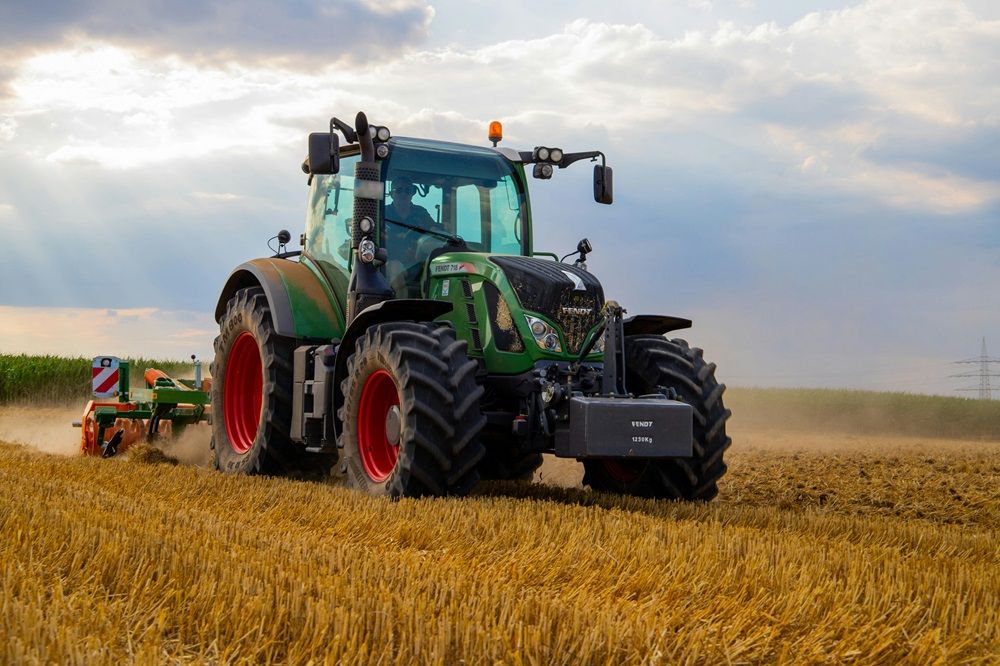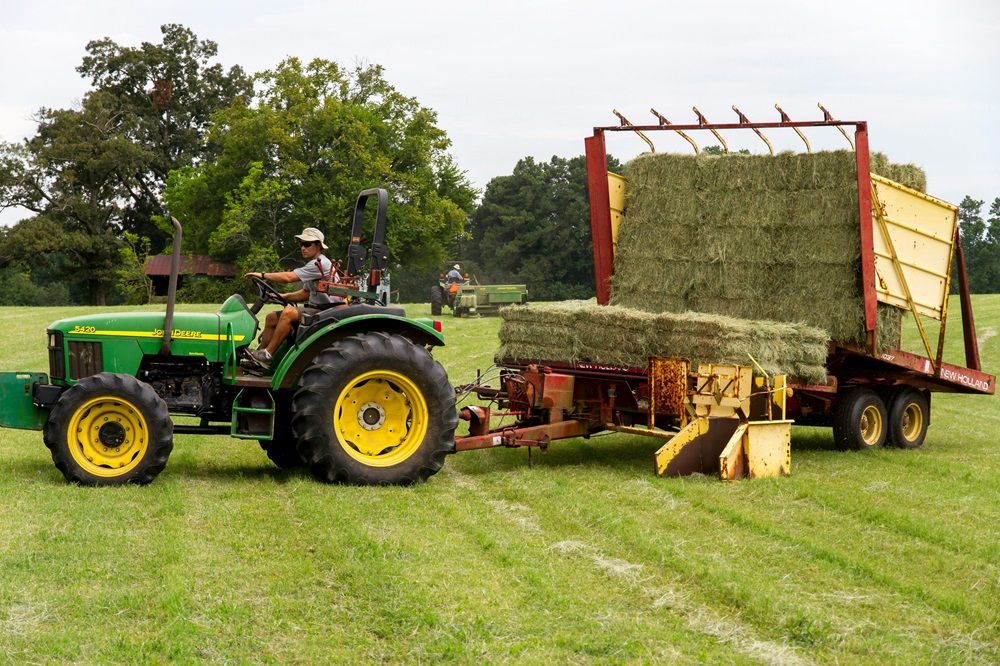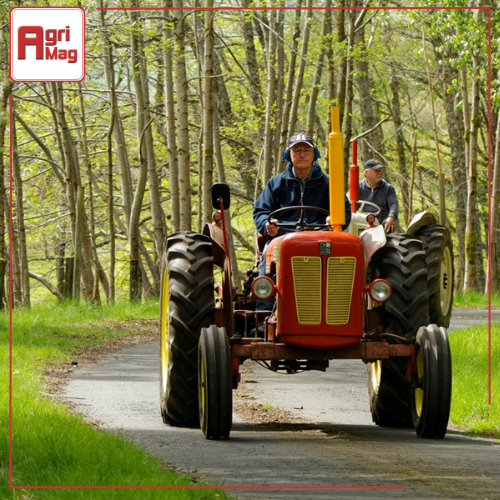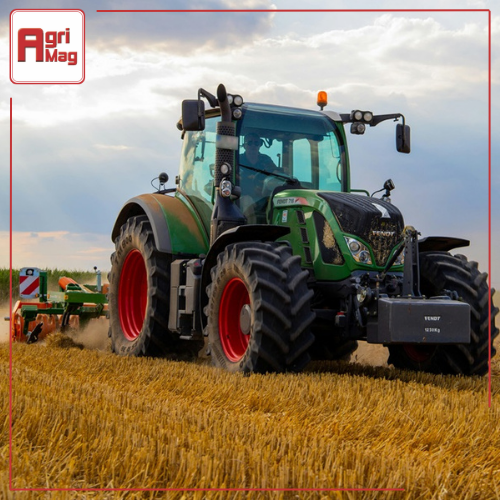
The Economics of Buying and Owning a Farming Tractor in South Africa
Date: 18/10/2023
When considering the purchase of a farming tractor, farmers face numerous decisions ranging from the type of tractor that suits their farming needs to the financial implications of their investment. The process of buying and owning a farming tractor involves understanding the upfront costs, ongoing maintenance, fuel consumption, and potential return on investment. Making the right choices can lead to improved efficiency on the farm and a better bottom line. This article delves into the various economic aspects of purchasing and maintaining a tractor, offering insights and practical advice to help farmers make informed decisions. Want to learn more about tractors? Visit AgriMag to read more blogs about this farm equipment.
 Photo by Jannis Knorr on Pexels
Photo by Jannis Knorr on Pexels
Factors to Consider Before Purchase
The choice of tractor depends on the type and scale of farming activities. Small-scale farmers might need a compact tractor for versatility, while large-scale farmers may require a more powerful tractor for extensive farming operations. The terrain of the farm also influences the type of tractor needed, as different models perform better in various conditions.
Deciding between a new or used tractor involves weighing immediate costs against long-term benefits. New tractors come with the latest technology and warranty coverage but at a higher price. On the other hand, used tractors are less expensive upfront but may incur higher maintenance costs and shorter lifespans.
Financial Considerations
Cost of Purchase
The purchase price of tractors in South Africa can vary widely based on size, brand, and features. Additional costs such as taxes, delivery fees, and insurance should also be considered in the overall budget.
Financing Options
Many farmers opt for financing to spread the cost of a tractor over several years. Exploring different financing options, including loans and leasing, is essential to find the most cost-effective solution. Interest rates, repayment terms, and the potential impacts on cash flow should be carefully evaluated.
Operating Costs
Fuel Efficiency
Fuel consumption is a major running cost for tractors. Choosing a model that is fuel-efficient can significantly reduce the ongoing operational costs.
Maintenance and Repairs
Regular maintenance is crucial to extend the lifespan of a tractor. Farmers need to consider the accessibility of spare parts and the cost of regular servicing. Setting aside a maintenance fund can help manage these expenses without financial strain.
 Photo by Mark Stebnicki on Pexels
Photo by Mark Stebnicki on Pexels
Benefits of Owning a Tractor
Increased Productivity
A tractor can dramatically increase the productivity of a farm by performing tasks that would be impossible or time-consuming by hand. Tasks like plowing, planting, and harvesting can be completed more quickly and efficiently.
Versatility
Tractors can be equipped with various attachments to perform different tasks, such as tilling, mowing, or hauling, making it a versatile investment that can be utilised throughout the year.
Read: The Advantages of Using Farming Tractors for Specific Crops
Return on Investment (ROI)
Calculating the ROI of owning a tractor involves considering the increased production and efficiency against the costs of financing, maintaining, and operating the tractor. A well-chosen tractor can pay for itself over time by increasing crop yields and reducing labor costs.
Considering Environmental Impact
Modern tractors often come equipped with technologies that reduce their environmental impact. Features such as improved fuel efficiency and emissions control systems are not only better for the environment but can also lead to cost savings over time through reduced fuel consumption and potential compliance with environmental regulations. Opting for eco-friendly models might also open up eligibility for environmental grants or subsidies.
Training and Safety
Operating a tractor safely requires proper training and knowledge. Farmers should invest in training for themselves and their workers to prevent accidents and ensure efficient operation. Understanding how to operate various attachments and the tractor itself enhances safety and productivity on the farm.
Future Resale Value
Considering the future resale value of a tractor is part of a smart buying strategy. Brands known for reliability and durability often maintain higher resale values. Maintaining the tractor well and keeping detailed service records can also increase the likelihood of a higher resale price, thus reducing the total cost of ownership.
Overall, buying and owning a farming tractor in South Africa is a significant decision that can influence the success of a farm. It requires a careful assessment of needs, costs, and potential benefits. With the right planning and consideration, a tractor can be a valuable asset that enhances the productivity and profitability of a farm. Farmers should consider their specific circumstances and possibly consult with financial advisors to make the best decision for their agricultural enterprise. By understanding and managing the economics of owning a tractor, farmers can ensure they maximise their investment and contribute positively to their ongoing success in agriculture. Do you wish to know more about tractors? To read more blogs about this farm equipment, go to AgriMag.
Categories:
Common category
Category Search:
Latest articles:

Top Irrigation Tips for Farmers Facing Water Restrictions

Understanding the Role of Truck Tractors in Logistics

Farming Equipment Upgrades for Small-Scale Farmers in South Africa


